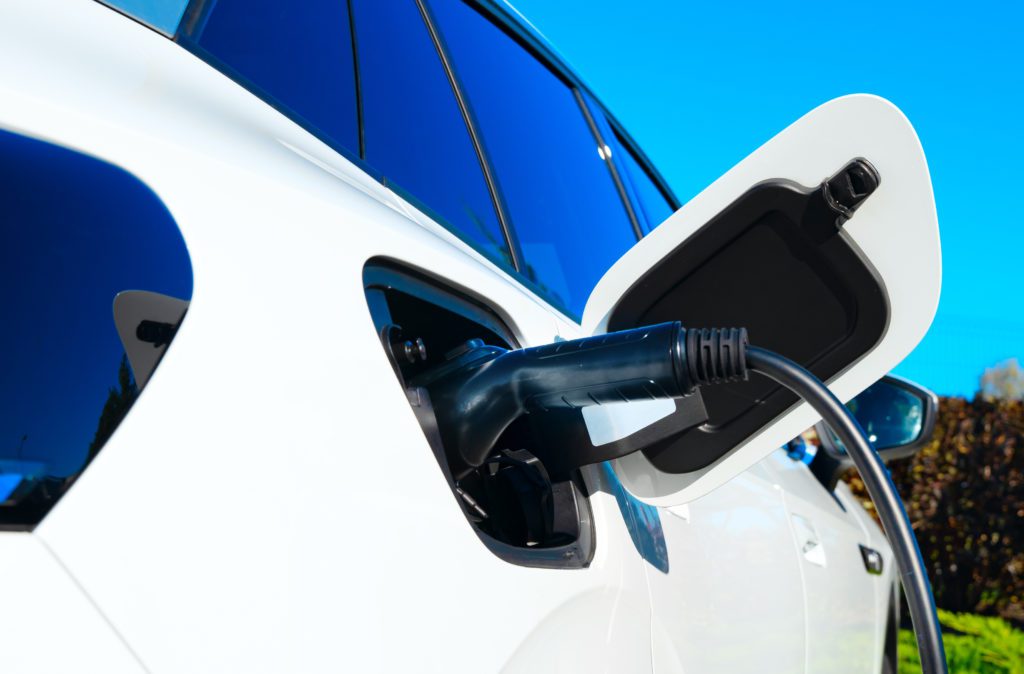Statement from Nate Wallace, Clean Transportation Program Manager, Environmental Defence
Ottawa | Traditional, unceded territory of the Algonquin Anishinaabeg People – Today, Environmental Defence is pleased to see the economic modeling we published with Simon Fraser University’s Sustainable Transportation Action Research Team (SFU START) being referenced by the Parliamentary Budget Office (PBO) in their latest report, Electric Vehicle Availability Standard: Potential Impacts on Ownership Costs and Charger Supply.
The PBO report confirms a number of conclusions about Canada’s Electric Vehicle Availability Standard:
- Electric vehicle (EV) prices will need to decline for Canada to meet its EV adoption goals. The PBO estimates that to achieve sales targets, the cost of owning an EV relative to a gas vehicle must drop by 31% by 2030. However, this number includes the PBO assumption that federal and provincial EV purchase incentives will be phased out in 2025 and 2026.
- The report highlights one of the findings of our study: that Canada’s Electric Vehicle Availability Standard will affect the vehicle pricing decisions of automakers by making EVs more affordable and closing the gap between gas and electric vehicle prices.Our study found that Canada’s Electric Vehicle Availability Standard would result in an increase of the price of ICE (internal combustion engine) vehicles by 6.1 per cent and reduce the price of ZEVs by 22 per cent by 2035, relative to a ‘business as usual’ scenario without the regulation. This change in relative price found in our study is similar to what the PBO estimates is the necessary change in cost to achieve sales targets.
- The market supply of electric vehicle charging ports is dependent on market demand. This means that the implementation of Canada’s Electric Vehicle Availability Standard has a strong positive effect on increasing the supply of charging infrastructure. The regulation alone results in increasing the market supply of charging infrastructure by 33,890 Level 2 public ports and 4,690 Level 3 public ports by 2030. However, despite this significant increase, there remains a gap between what the market will supply relative to the estimated need established by Dunsky. Increased public investments in charging infrastructure must fill this gap, especially in the near future.
“These findings highlight how important Canada’s Electric Vehicle Availability Standard is to closing the price gap between electric and gas vehicles and increasing the number of public charging ports across Canada. Without this regulation, EV prices will be higher and there will be less charging infrastructure built. However, work remains to be done – the findings also highlight the importance of continuing federal and provincial EV purchase incentive programs rather than phasing them out. There also remains a charging infrastructure gap between what the private market will fill and expected needs. Increased public investment is needed now to close it,” Nate Wallace, Clean Transportation Program Manager at Environmental Defence said.
Background
SFU START Modelling Report on Canada’s Electric Vehicle Availability Standard:
https://environmentaldefence.ca/wp-content/uploads/2022/11/Clean_Car_Standard_Technical_Report_FINAL-ENG-.pdf
ABOUT ENVIRONMENTAL DEFENCE (environmentaldefence.ca): Environmental Defence is a leading Canadian environmental advocacy organization that works with government, industry and individuals to defend clean water, a safe climate and healthy communities.
– 30 –
For more information or to request an interview, please contact:
Karishma Porwal, Environmental Defence, media@environmentaldefence.ca







